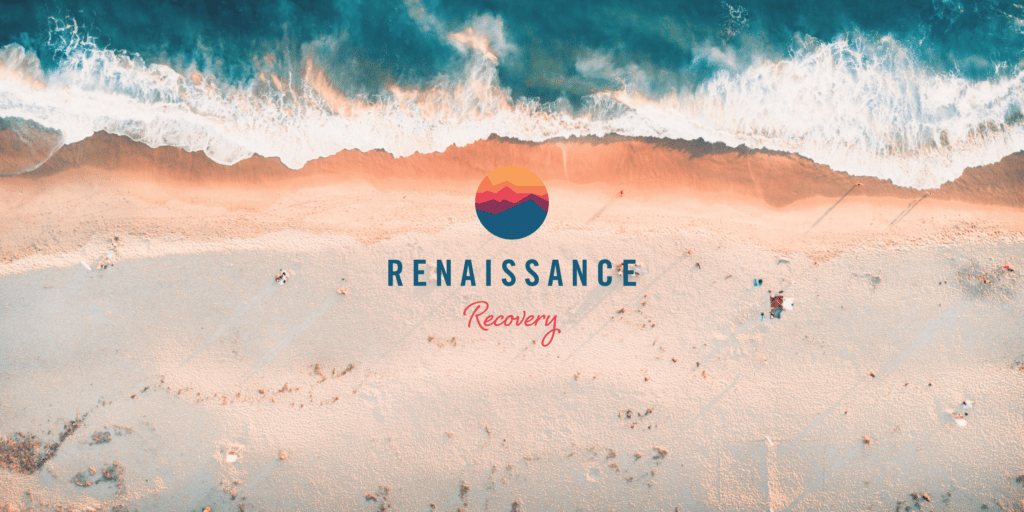Knowing how to get through the holidays while in recovery and substance abuse treatment is important. Actually committing to a plan is the key. Follow our top 8 tips for staying sober during the holidays with less stress and fewer complications.
Holidays and Recovery From Addiction
For someone in recovery from addiction, holidays can be a tempting trial that brings those in recovery to the brink of relapsing. Holiday parties, festivities, added stress of family, or even the loneliness can be really hard to cope with alongside all of the distractions and themes of letting loose over the holidays.
Need help getting addiction treatment?
For those who just started their recovery journey holiday parties with family or at work can give off a sense of loss or fear of missing out. These feelings can evoke anxiousness and depression if not properly supported during the holidays. That’s why making sure to have relapse prevention plans set in place and people you can reach out to for support are a hallmark of defeating the temptation this holiday season.
Have Sober Strategies in Place
Develop a plan to protect your sobriety ahead of any holiday event and activity that could potentially trigger relapse to substance abuse.
This may involve:
- Going to a Twelve Step meeting before or after the event
- Attending the festivities with your sponsor or a sober friend
- Making sure you can leave the gathering at any time and are not dependent on someone else for transportation
Your plan to stay sober could also include “bookending” the event with before-and-after telephone calls to someone in recovery. Feel empowered to limit your time in stressful situations or around difficult people—and always have an escape plan.
Much of relapse prevention is having an awareness of the people, places, or things that could trigger trouble and planning strategies for staying sober given those inevitable situations.

Adjust Your Attitude
Talk with your sponsor, a friend who understands addiction recovery, or a professional counselor about the emotions and expectations you have wrapped up in the holidays—especially if you find yourself replaying childhood experiences or memories during this time of year. This is called “calculating reality.”
Remember that your loved ones, coworkers, and friends are probably feeling tired and stressed during the holidays, too. This realization alone will help you adjust your attitude, lower your expectations, and be forgiving of yourself and others. Instead of showing up at a holiday event feeling on edge or defensive, orient your mindset to be open, accepting, and positive: Ask yourself, “What is the next right thing for me to do in this situation?”
It’s also important to be aware that some people in addiction recovery are vulnerable to substance abuse relapse after the holidays. The buildup of stress and resentment that might come with the holidays can lead to
- Rationalizations
- Denial
- Relapse
In other words, we can convince ourselves that, considering what we’ve been through, we are entitled to drink or use. Sometimes, as alcoholics and addicts, we manage things better when we’re in the midst of a crisis than afterward.
Remember, the disease of addiction is as powerful the day after a holiday as it is the day of and the day before. As we learn during addiction rehab and in the meeting rooms, recovery is a one-day-at-a-time endeavor, no matter the season.
Be of Service
The holidays offer powerful opportunities for spiritual growth by sharing your gratitude and joy with others. Connecting with others in this way can be a new experience that takes courage. But because you’re in recovery from active addiction, you’ve already demonstrated the capacity for tremendous courage and change. So keep strengthening your recovery.
Look for ways to be of service to others:
- Serve a meal at a homeless shelter
- Reach out with hospitality to a newcomer at a meeting
- Spend time with a neighbor who is confined
There are a million different ways to give back, pay it forward, and be of service.
Be Mindful of What You’re Drinking—and Thinking
At social gatherings, it might be helpful to always have a beverage in hand so people aren’t constantly offering you a drink – this is one of our favorite tips.
Walk around with a red cup of iced tea or whatever and simply say, “nah, I’m good” whenever someone asks if you need a drink. Be smart enough to not let someone get a beverage for you, as he or she may not know your situation or might forget your request and bring you an alcoholic drink.
If you accidentally pick up the wrong drink and swallow some alcohol, this doesn’t mean you will automatically relapse. But watch for a flood of self-rationalizations that could creep in: “Hmm, I guess I can handle alcohol in social situations after all. Perhaps my period of abstinence taught me how to control my drinking.” Do not go down that road.
Instead, tell someone who understands recovery from drug or alcohol addiction about your experience as soon as possible. A mistake is not a relapse—but it can lead to one if kept a secret.

Avoid Relapse Situations
We’ve all got that relative who can be a bit triggering – in some families, there’s more than one of them.
There’s probably at least one person who wants to grill you about rehab, the low points of your addiction, etc. and you’d be wise to steer clear of that person and that conversation.
There’s probably another relative (or two) who can only have fun when they drink, so it’s important to avoid them at all costs. If the office New Year’s party is all about drinking or drug use, make a brief appearance or don’t attend. It is unrealistic in all of these scenarios to say, “I can soldier through.”
That’s what step one of the Twelve Steps teaches us, right? That we don’t have the power. So, why put yourself in the position of having to “power through” an obstacle course of relapse triggers? Staying sober and safeguarding your recovery must always come first.
Take Care of Yourself – Literally
Celebrate the holiday season by taking time for yourself. Proper nutrition, gentle exercise and restorative sleep can do wonders for your well-being. The better you feel physically, the stronger you will be emotionally.
Nourish your spirit, too, through personal reflection and connection with those you love. Find some quiet time each day for relaxation and meditation—if only for a few minutes, no matter how busy you are. Let your spirit be your guide.
If You’re Feeling the Pressure, Get to a Meeting
Any thoughts of weakness should trigger you to call your sponsor. At the very least, get to a meeting – it’s a great way to get support quickly with people who are going through the same thoughts you are. Meetings are great for helping you learn how to get through the holidays while in recovery because everyone who attends also go through the same challenges. In the meetings, you’ll get tips, share experiences and draw strength from the successes of others.
Getting Help for Staying Sober During The Holidays
Even with all of these tools in place, staying sober during the holidays can be difficult to manage on your own. Having the support and guidance of a professional addiction recovery team can be critical for those who don’t feel like they’re ready to take on this season alone.
A treatment center can provide you with ongoing support, treatments, therapies, and a sober community where you can get essential help during the holidays and beyond. There’s no shame in asking for help, especially if it could be the difference between relapse or not. Choosing to engage in the life-changing benefits that an addiction recovery program can offer is often an incredibly life-changing experience for those who need help to stay sober during the holidays.
Insurance often will also cover most or all of the costs of your treatment, so don’t let finances hold you back. If you need more information, or just to talk to someone about what you’re going through, our free and confidential recovery hotline is here for you at 866.693.3821.

Get Treatment for Substance Use Disorder at Renaissance Recovery
Renaissance Recovery in Southern California specializes in providing outpatient treatment for substance use disorder and mental health conditions. Choose from the following programs to suit your needs:
- PHPs (partial hospitalization programs)
- IOPs (intensive outpatient programs)
- OPs (outpatient programs)
All treatment programs at Renaissance Recovery are designed to provide comprehensive support and structure. We offer individualized addiction treatment through a range of holistic and evidence-based interventions that include:
- MAT
- Group therapy
- Individual therapy
- Psychotherapy
- Family therapy
- Holistic therapy
- Aftercare
Our goal is to help you take the first crucial step towards recovery. If you’re ready to make a positive change, reach out to our admissions team by calling 866.693.3821 and begin your journey towards a healthier and happier life.



